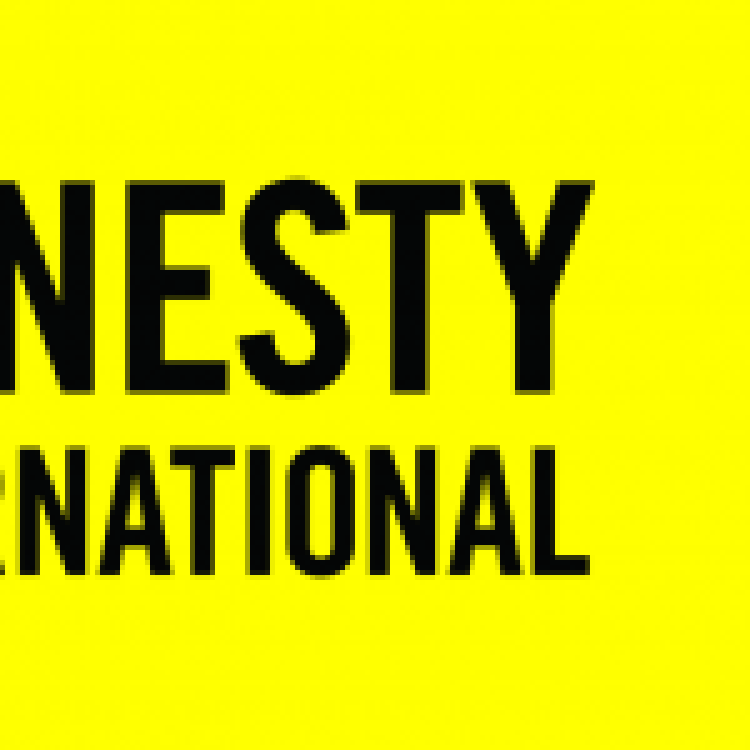<p>UN High Commissioner for Human Rights, Michelle Bachelet, said she was dismayed by reports of the stigmatisation of Muslims in Sri Lanka, in a statement at the 44th Session of the United Nations Human Rights Council (UNHRC). </p>
<p>"In Sri Lanka and India, members of the Muslim minority are being targeted by stigma and hate speech associating them with COVID-19," the UN Chief said in her global update on human rights and the impact of COVID-19 pandemic. </p>
<p>She noted that in many countries, including Bulgaria, Pakistan and Haiti, members of minority communities and migrants face increasing stigmatisation and called on countried to "ensure that human rights are at the heart of the response to the pandemic."</p>
<p>Since the coronavirus outbreak on the island, the Muslim community has faced persecution by government officials. The Sri Lankan government made cremations compulsory for all coronavirus victims, disregarding advice from the World Health Organisation (WHO) and going against Islamic tradition. The move was criticised by UN Special Rapporteurs who appealed to Colombo to reconsider.</p>
<p>Read the full statement <a href="https://www.tamilguardian.com/sites/default/files/File/HRC44/HRC44.pdf">here</a>. </p>
<p> </p>
We need your support
Sri Lanka is one of the most dangerous places in the world to be a journalist. Tamil journalists are particularly at threat, with at least 41 media workers known to have been killed by the Sri Lankan state or its paramilitaries during and after the armed conflict.
Despite the risks, our team on the ground remain committed to providing detailed and accurate reporting of developments in the Tamil homeland, across the island and around the world, as well as providing expert analysis and insight from the Tamil point of view
We need your support in keeping our journalism going. Support our work today.

